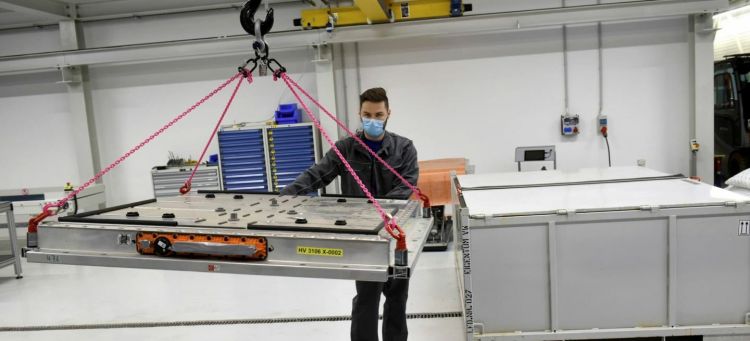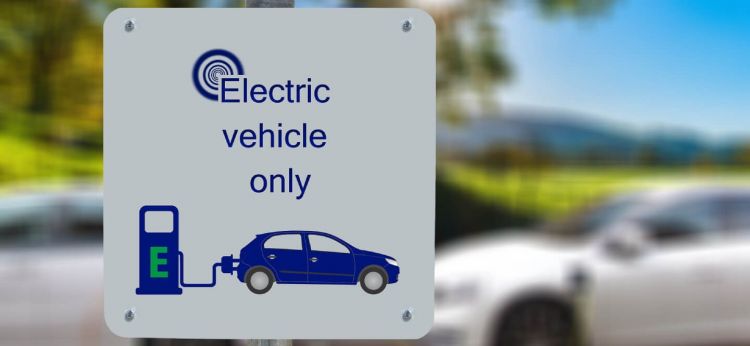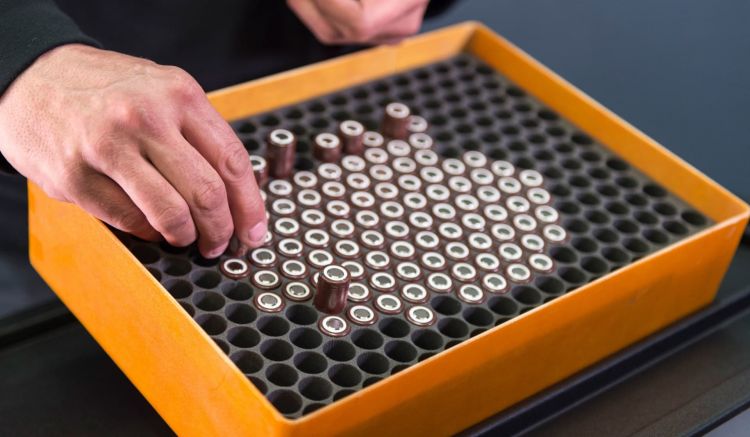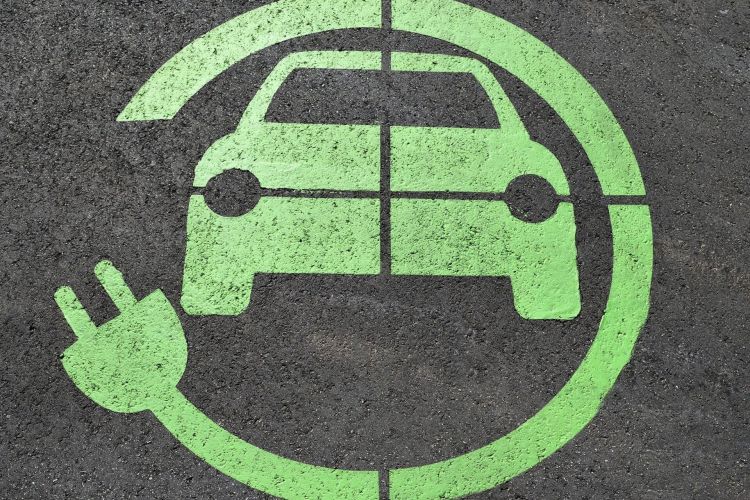The European Union has not forgotten about electric cars. He dedicated a part of the new Euro 7 regulation to them that should come into force in 2025 and is now immersed in the elaboration of a regulation focused on batteries and their life cycle: if approved, all the requirements for its manufacture (from design to waste treatment) promise to be much stricter than the current ones.
The development of electric mobility is a fact and needs its own legal ecosystem. Until now, the life cycle of batteries had not received much supervision: This left some room to take certain licenses that the European Union now wants to limit.
by 2024
The Council and the European Parliament have shaped a new law that aims to reinforce the rules on production, traceability, recycling and treatment of waste of this component of electric cars. Some measures that, if they receive the green light, will be applied both to batteries designed in Europe and to imported ones.
The text is still provisional: it will have to be adopted by both parties for it to enter into force. If formalized, the new standards that electric car batteries must comply with They would enter into force in 2024. And, as we said before, they will be much stricter than the current ones.
The new demands
The new regulation will oblige manufacturers to Declare the carbon dioxide (CO2) emissions generated by batteries throughout their life cycle. In 2026 a labeling system will be put into operation and in 2027 the sale of batteries considered highly polluting will be prohibited.
In addition, with the aim of promoting the circular economy, they must include an increasing amount of metals from recycling: by 2031, the required figures will be 16% for cobalt, 6% for lithium and 6% for nickel. The regulations also provide for the obligation to have a certificate that mentions this composition.
Euro 7 and electric cars
If this regulation on batteries is approved, it would join everything related to electric cars that appears in Euro 7. A regulation that also puts the accent on the same component.
According to its text, manufacturers will have to ensure that battery operation It will be at least 80% during its first five years of life or during the first 100,000 kilometers from its purchase (whichever occurs first). After eight years or 160,000 kilometers, the battery capacity will have to be at least 70%. These checks will continue to be carried out until the car is ten years old or has 200,000 kilometers and, also, its change will be limited during the useful life of the vehicle in question.
more competitive
Through this battery-focused regulation, the European Union also seeks to be more competitive in the field against United States and China. Not surprisingly, Europe’s goal is to represent 25% of world battery production by 2030: this is eight times more than in 2020.
Electric vehicle sales are increasing every month and this trend is not going to be reversed: especially since, at the same time, restrictions on combustion vehicles are being intensified… which should be prohibited for sale in the Old Continent in 2035 (if there is no postponement).







